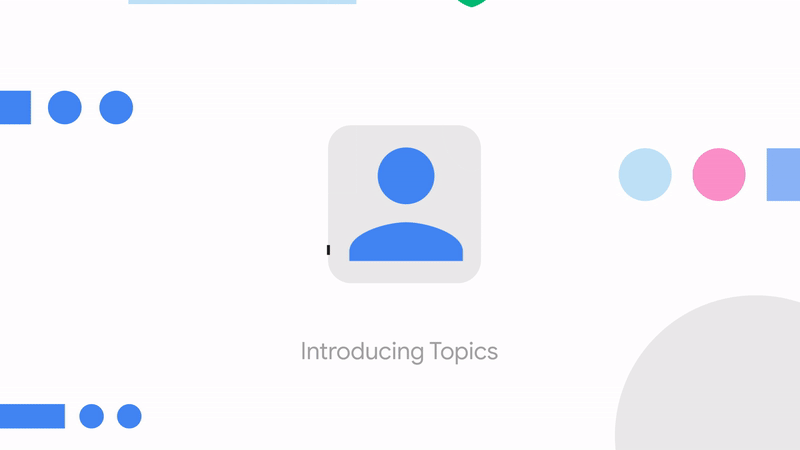Topics tracks up to three weeks of data on where you surf and analyzes up to 300 topics. The first tests will begin in late March.
FLoC was supposed to be the replacement for cookies in Google Chrome. After an initial push in 2020, a lot of major players on the Internet, such as WordPress, resolutely opposed the proposal. Initially, Google wanted to postpone FLoC to 2023, but the project is now being scrapped altogether. In its place is Topics.
With Topics, Google wants to learn in your browser what your interests are as you browse. The browsing history of the three most recent weeks will be tracked and sorted into different topics, hence the name Topics. Initially, the search giant wants to start with 300 topics, but that list may be expanded in the future. Google emphasizes that Topics does not record sensitive categories such as gender or origin.

When you visit a Web site that supports the Topics API, the Internet browser shares three topics you are interested in (one per week). That topic is chosen at random from a weekly top five. This data can be shared with advertisers to decide which ads you get to see.
This offers more privacy than traditional cookies, and it offers users more control and transparency, according to Google, because users can remove topics from their list themselves. Those who wish can also disable the Topics API altogether.
Topics replaces FLoC
Ben Galbraith, Privacy Sandbox manager at Google, let it be known that it gathered numerous feedback from external parties before launching Topics. “Topics replaced our FLoC proposal after we analyzed everything with our community,” he said.
However, it remains to be seen whether other Internet browsers will follow Google’s lead and integrate the Topics API. With the cold response to FLoC, it is not certain that Topics will be more successful. Starting in late March, Google will make the Topics API available. Those who want to get technically familiar with Topics already today can visit GitHub.
